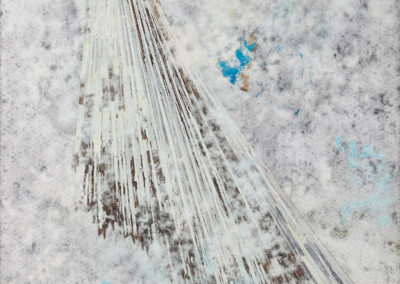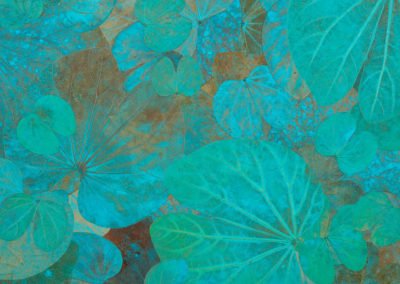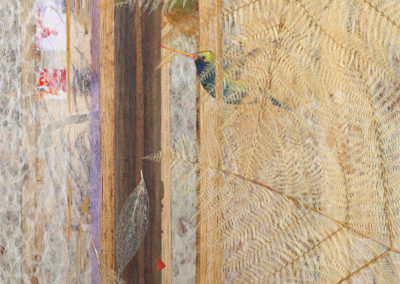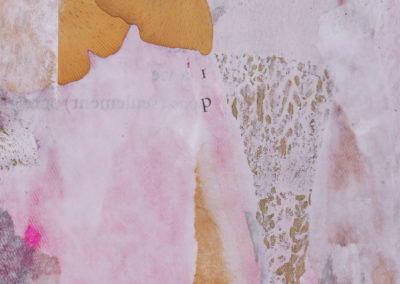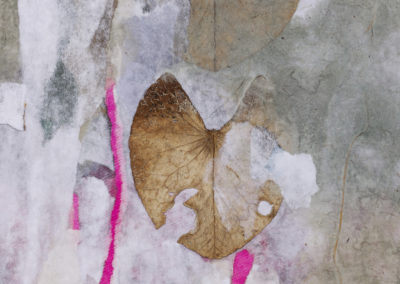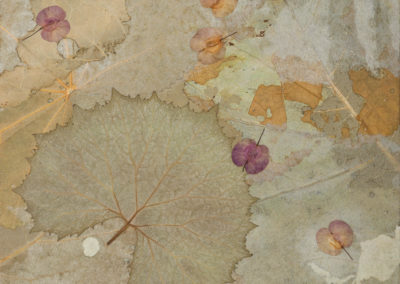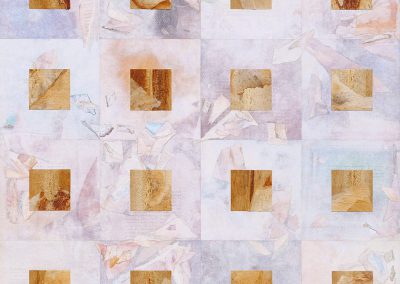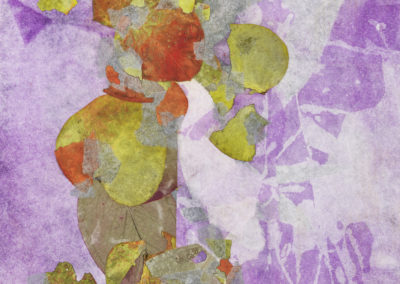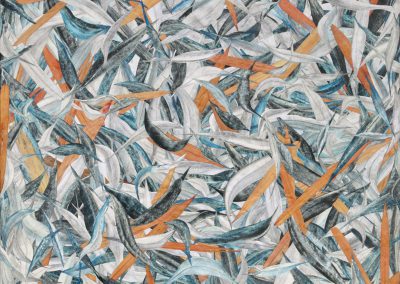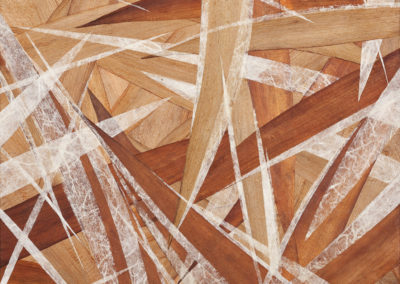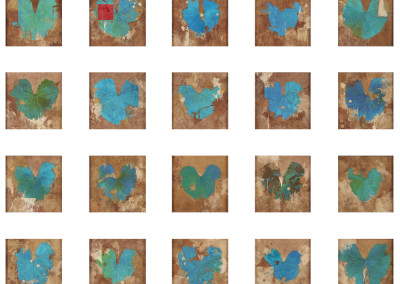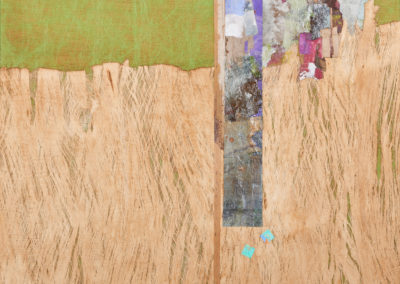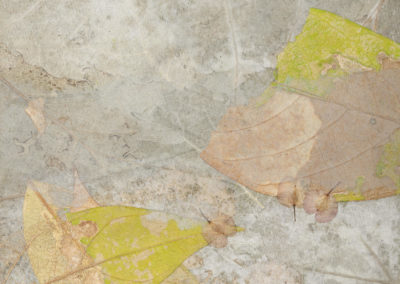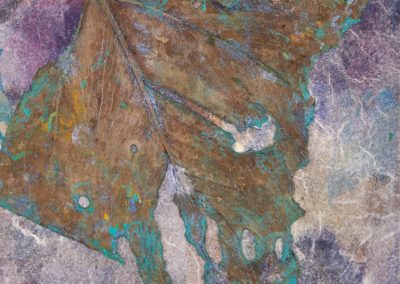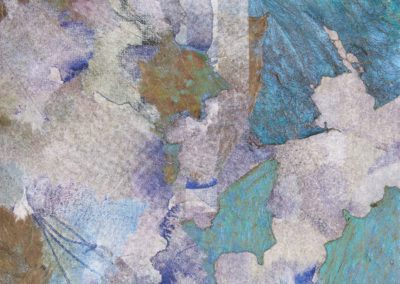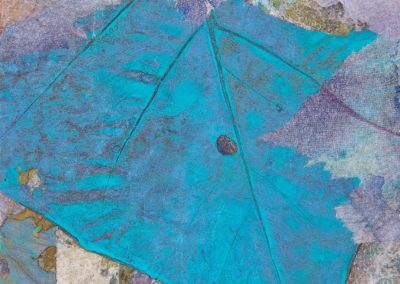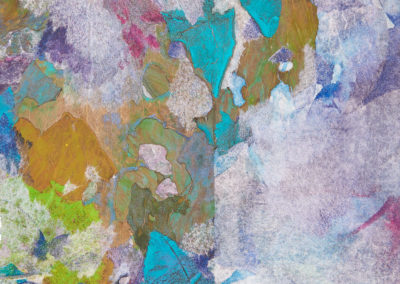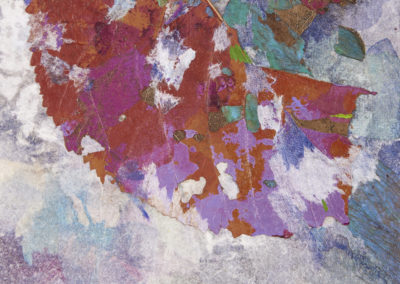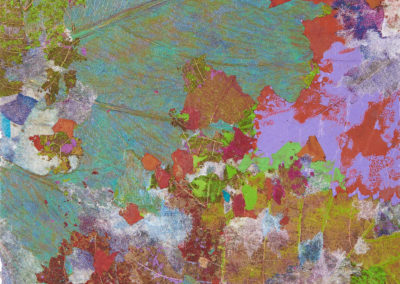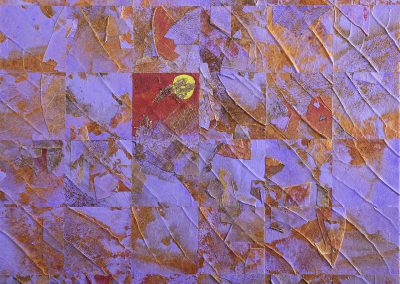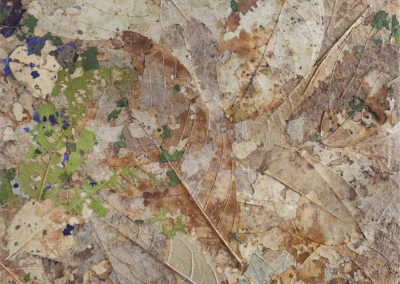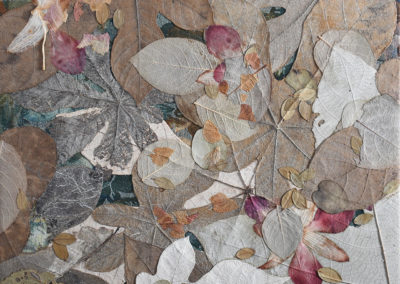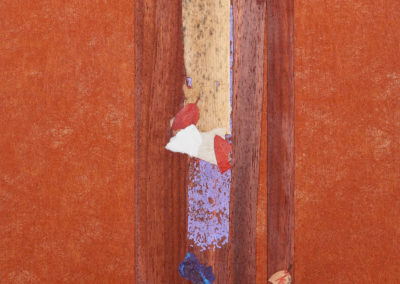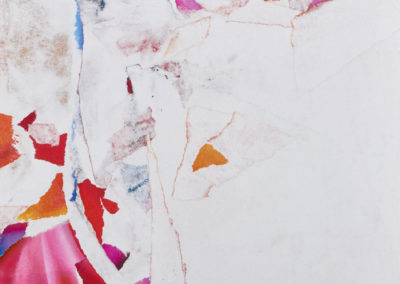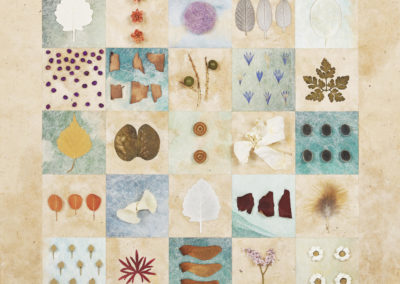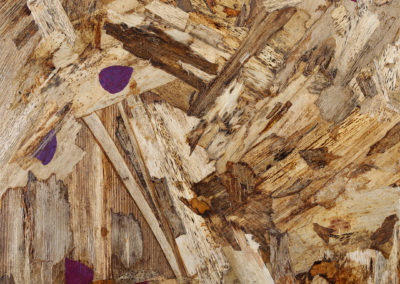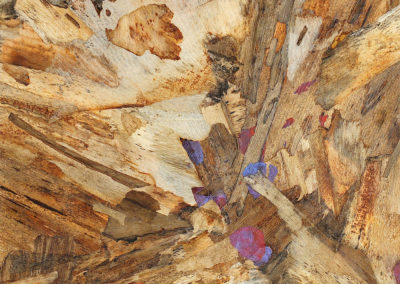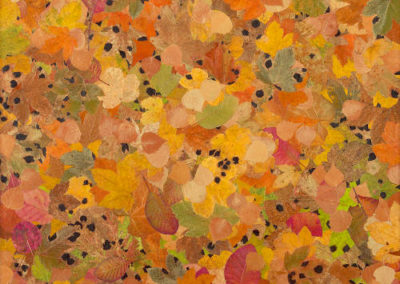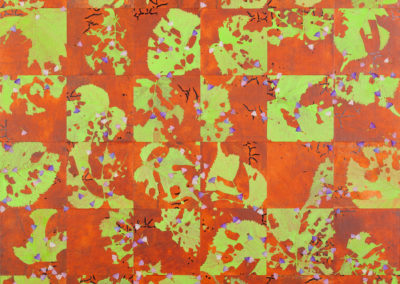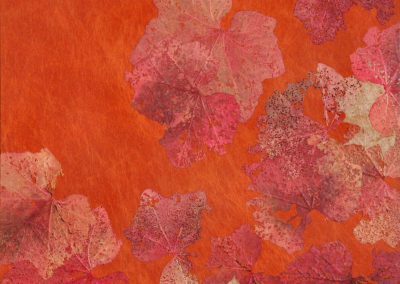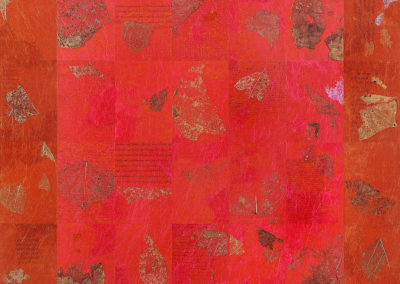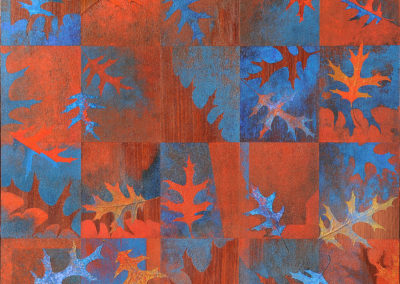
Haïku : the art of poetry in Japan
It is so wonderful to be asked to exhibit at the Abbaye Saint-André. I cannot help think of the magnificent painters that painteThe Haiku is a three-lines short poem, that uses the sensory language to express a fleeting image or an emotion. It principally draws its inspiration from Nature, the beauty of everyday life, the consciousness of the passing of time, or a poignant experience. In its actual spirit, this form of poetry is attributed to the Japanese poet Bashô Matsuo and dates back to the Edo period (17th century).
The writing of a Haiku is considered a mental discipline in the same way as martial arts. Their composition rule must be perfectly respected. The first line or verse consists of five syllables, the second of seven and the third of five. Namely seventeen syllables of one to two beats. The musicality of a Haiku does not necessarily contain rhymes. One of Bashô’s most famous evokes Nature’s evanescence and the art of seizing the present moment:
fu ri i ke ya
ka wa zu to bi ko mu
mi zu no o to
Paix d’un vieil étang
une grenouille qui plonge
le bruit de l’eau ( ou l’eau se brise )
The Haikus accompanying the artworks presented here have been written in Roya’s valley. They are the expression of feelings sometimes contradictory, related as much to personal events as to reactions and position statements toward abuses and disruptions that spread onto the world. They are clues that may enlighten your understanding of the story of each artwork.
Omen
Lost
Exile
Ilyïa
Can be
Wandering
Embrace
Dizziness
Grimweld
Imminent
Escape
Involvere
Dés enchantés
Whispers
Elpis
There, while we’re gone
Amnesia
Yaran
Mishap
Tumult
D’or et déjà 1
D’or et déjà 2
D’or et déjà 3
D’or et déjà 4
D’or et déjà 5
D’or et déjà 6
Indecency
Liita
The bird
Elsewhere
From isle to bitterness
If beauty flees as soon as we exasperate ourselves
This silence reigns
Elixir Near Death Exp.
Our sleeping ones
I am the game that tricksters play
Mana
Wilderness
The esteem of days
Libertines
Beatha Uisge
Watercolor repentance

